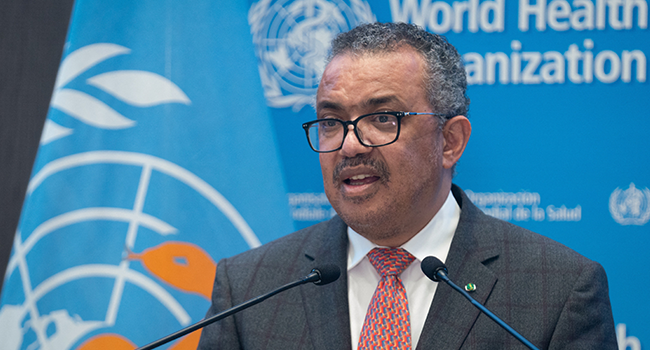
The World Health Organization said Thursday it was “particularly worried” about the Covid-19 situation in the Balkans and Central Europe, noting that hospitalisations and deaths were among the highest in the world.
The organisation’s regional office for Europe also noted that the situation was “most acute” in areas that had been successful “in controlling the disease in the first six months of 2020.”
“We are particularly worried about the epidemiological situation in the Balkans, as well as many other countries around Central Europe,” Catherine Smallwood, Senior Emergency Officer at WHO’s European office, told a news conference.
The WHO’s European region comprises 53 countries and territories and includes Russia and several Central Asian nations.
Regional director Hans Kluge said the rollout of Covid-19 vaccines had not yet been enough to curb the spread of the transmission across the region.
“Case incidence continues its increasing trend, and is moving eastwards,” Kluge said.
“We have now seen three consecutive weeks of growth in COVID-19 cases,” Kluge added, saying over 1.2 million new cases had been reported last week in the WHO’s European region.
READ ALSO: Google To Invest Over $7bn, Create 10,000 Jobs In U.S. – CEO
Though many countries around Europe are currently under “a partial or full nationwide lockdown,” Kluge said some were starting to lift restrictions based on the assumption that increased vaccination “would immediately lead to an improved epidemiological situation.”
“Such assumptions are too early to make,” Kluge said.
The regional director however also stressed that vaccines would eventually offer a way out of the pandemic.
“Vaccines work, and will eventually allow a return to a new normal,” Kluge said.





